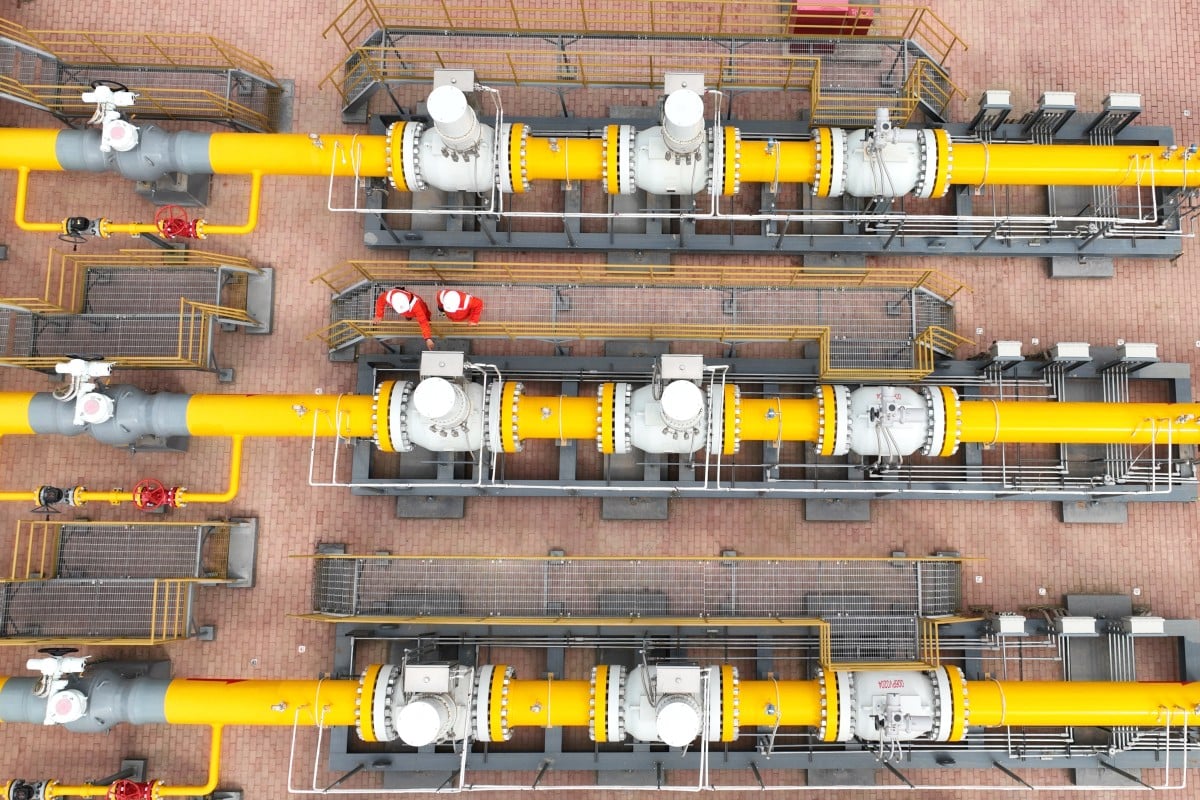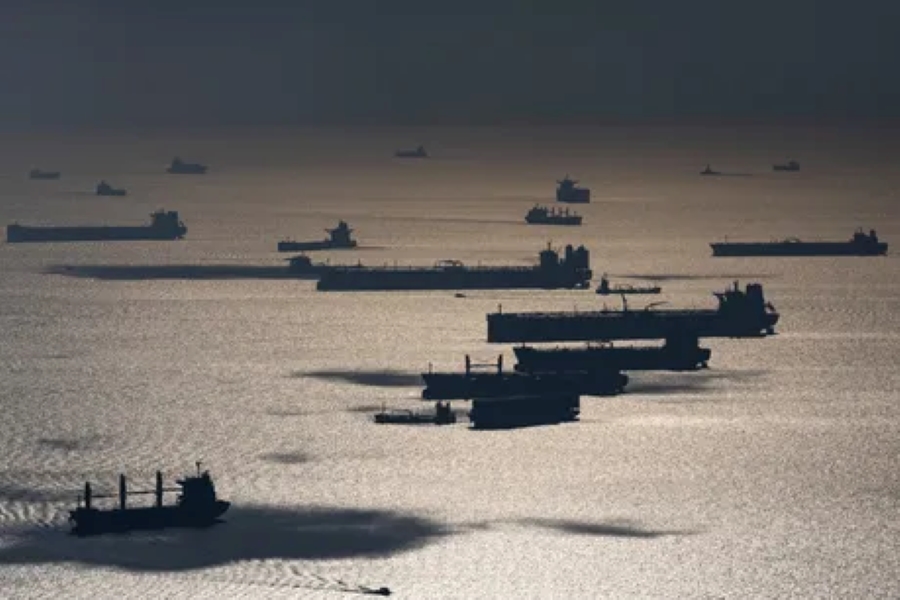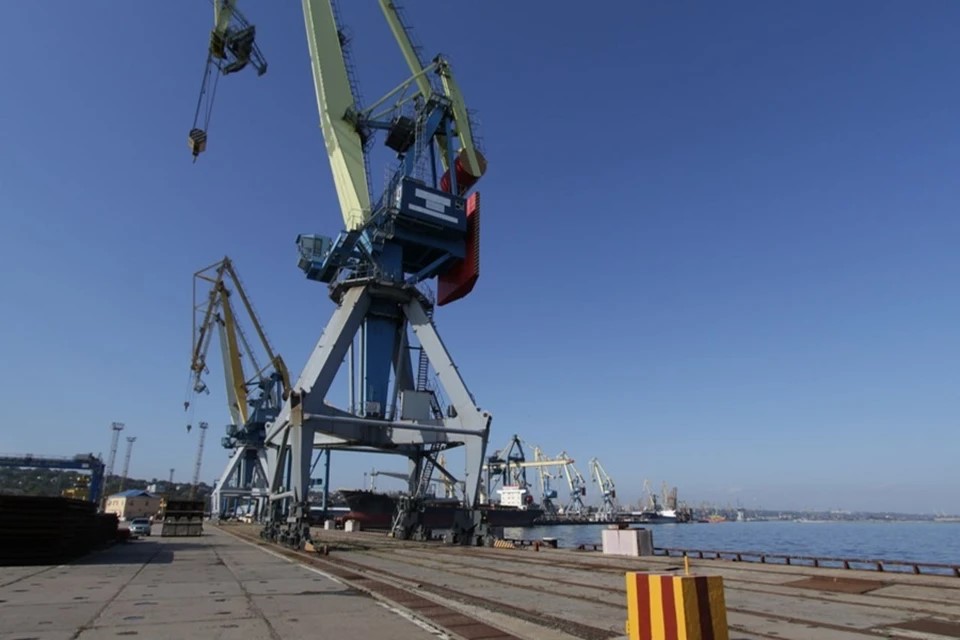Russia is considering the possibility of supplying "cheap gas" to Mongolia if the Power of Siberia-2 pipeline to China is constructed, President Vladimir Putin said in an interview with the Mongolian newspaper Onoodor.
According to Putin, preparations are also underway for an intergovernmental agreement on supplying Mongolia with petroleum products at a discount. Moscow consistently "responds to the requests of our Mongolian friends to assist in meeting their growing fuel needs at preferential prices," Putin said.
He added that Russia and Mongolia "have decades of fruitful cooperation," and developing this partnership "has been and remains one of the priorities of Russian foreign policy."
On September 2, Putin arrived in Mongolia for an official visit for the first time in five years. Mongolia is the country through which the Power of Siberia-2 pipeline is expected to pass. The new pipeline, with a projected capacity of 50 billion cubic meters per year, is envisioned by the Kremlin as a way for Gazprom to offset the loss of the European gas market, to which the company supplied more than 150 billion cubic meters of gas annually before the war.
However, Mongolia did not include the Power of Siberia-2 in its national development plan for the next five years, presented by the country's coalition government in August.
According to former Mongolian National Security Council member Munkhnar Bayarlkhavga, the project has been put on "a long pause" as the Kremlin has failed to reach an agreement with China.
"Moscow no longer believes it can get the deal it wants from Beijing, and the project is likely being postponed until better times," Bayarlkhavga told The South China Morning Post.
In 2022, Putin proposed to Xi Jinping increasing Russian gas purchases to 100 billion cubic meters per year and building a second gas pipeline, which was estimated to cost between $8 and $15 billion. However, despite statements about "strategic partnership without limits" and Putin's visits to Beijing, the Chinese President has not given the go-ahead for the construction. According to the Financial Times, the stumbling block was the price of gas: China demanded it be reduced to the domestic Russian level, around $60 per thousand cubic meters. This is four times cheaper than the current price of Russian gas to China, which costs $260 per thousand cubic meters through the Power of Siberia-1 pipeline.





















